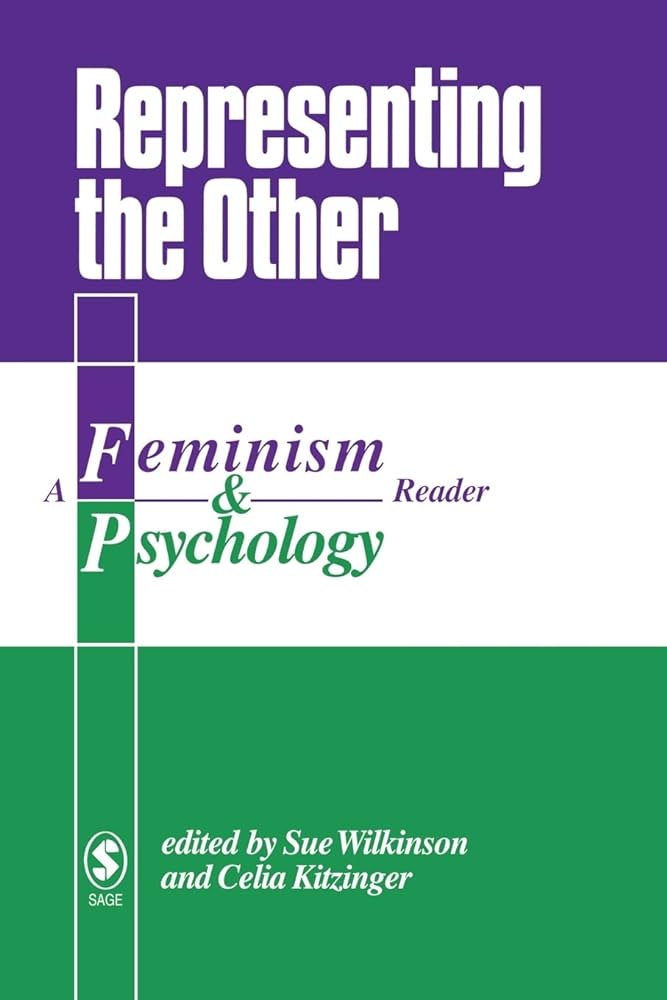“即使是垃圾也能成为肥料”:在性侵女性幸存者性侵危机中心做志愿者的经历
IF 1.9
3区 心理学
Q2 PSYCHOLOGY, MULTIDISCIPLINARY
引用次数: 5
摘要
本定性研究揭示了性侵幸存者在性侵危机中心志愿服务的经历。深入采访了11名女性,她们在以色列四个不同的性侵犯危机中心做了1到17年的志愿者。调查结果揭示了三个主要主题。首先,在这些中心做志愿者的动机有五种,都是基于参与者的性侵犯经历。第二,志愿服务通过促进身份重建和社会融合来促进康复。第三,康复的挑战和风险,比如暴露于性侵犯的诱因,都来自于性侵犯的经历和在中心做志愿者的经历。此外,研究结果还表明,志愿者角色的需求等多种机制塑造了志愿者活动中的风险-收益动态。因此,本研究将性侵犯幸存者对亲社会行为的理解从“积极”或“消极”的二元评估转变为更全面的个人、角色和组织层面的评估。本文章由计算机程序翻译,如有差异,请以英文原文为准。
“Even crap can be fertilizer”: The experience of volunteering at sexual assault crisis centers for women survivors of sexual assault
This qualitative study illuminates the experience of volunteering at sexual assault crisis centers among women survivors of sexual assault. In-depth interviews were conducted with 11 women who had been volunteering at four different sexual assault crisis centers across Israel for 1 to 17 years. The findings reveal three main themes. First, there are five types of motivation to volunteer at such centers, all grounded in the participants’ experience of sexual assault. Second, volunteering fosters recovery by promoting an empowered identity reconstruction and social integration. Third, both challenges and risks to recovery, such as exposure to sexual-assault triggers, arise from the experiences of sexual assault and volunteering at the centers. Moreover, the findings indicate various mechanisms that shape the risks–benefits dynamic involved in volunteering, such as the demands of the volunteering role. Thus, this study shifts the understanding of prosocial behavior by sexual-assault survivors from a binary assessment of “positive” or “negative” to a more comprehensive appraisal at the individual, role, and organizational levels.
求助全文
通过发布文献求助,成功后即可免费获取论文全文。
去求助
来源期刊

Feminism & Psychology
Multiple-
CiteScore
3.30
自引率
11.10%
发文量
51
期刊介绍:
Feminism & Psychology provides a forum for debate at the interface between feminism and psychology. The journal"s principal aim is to foster the development of feminist theory and practice in – and beyond – psychology. It publishes high-quality original research, theoretical articles, and commentaries. We are interested in pieces that provide insights into the gendered reality of everyday lives, especially in relation to women and girls, as well as pieces that address broader theoretical issues. Feminism & Psychology seeks to publish work from scholars, researchers, activists and practitioners at all stages of their careers who share a feminist analysis of the overlapping domains of gender and psychology.
 求助内容:
求助内容: 应助结果提醒方式:
应助结果提醒方式:


